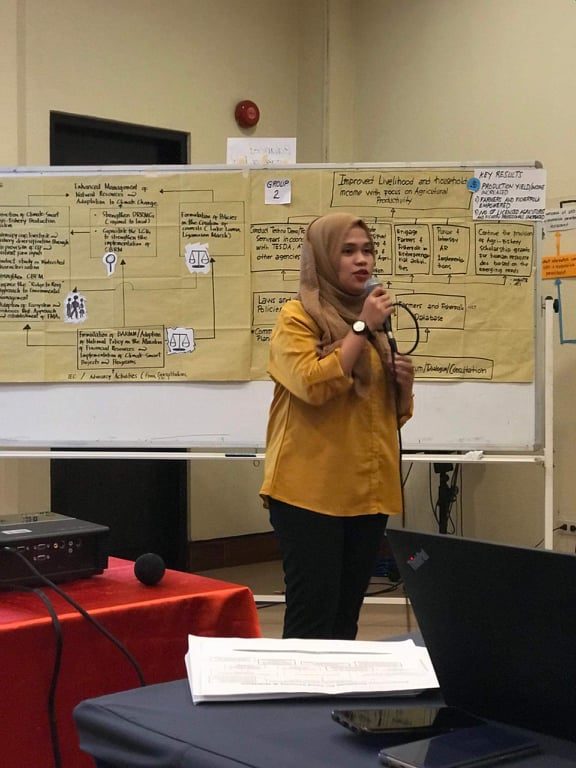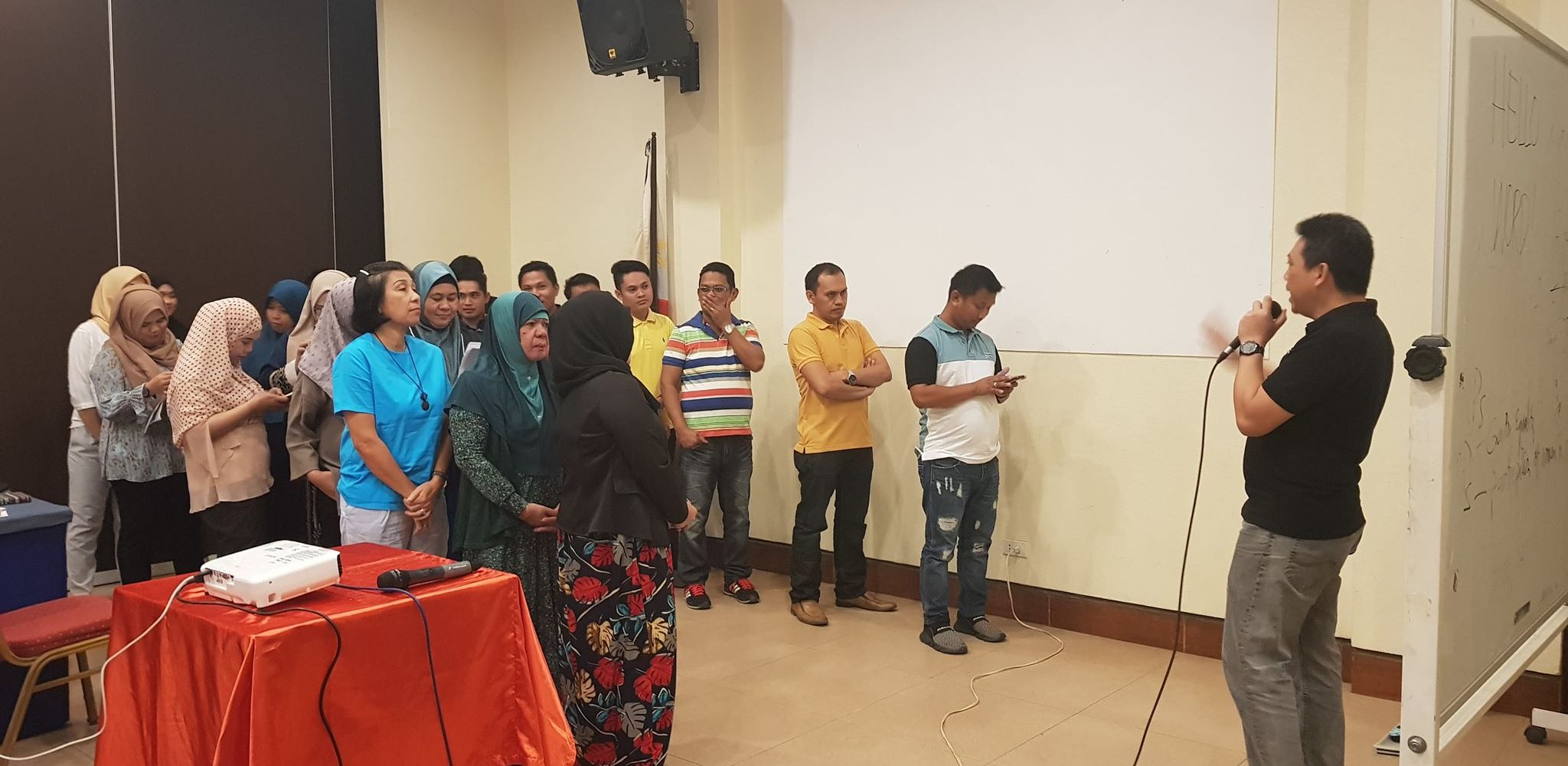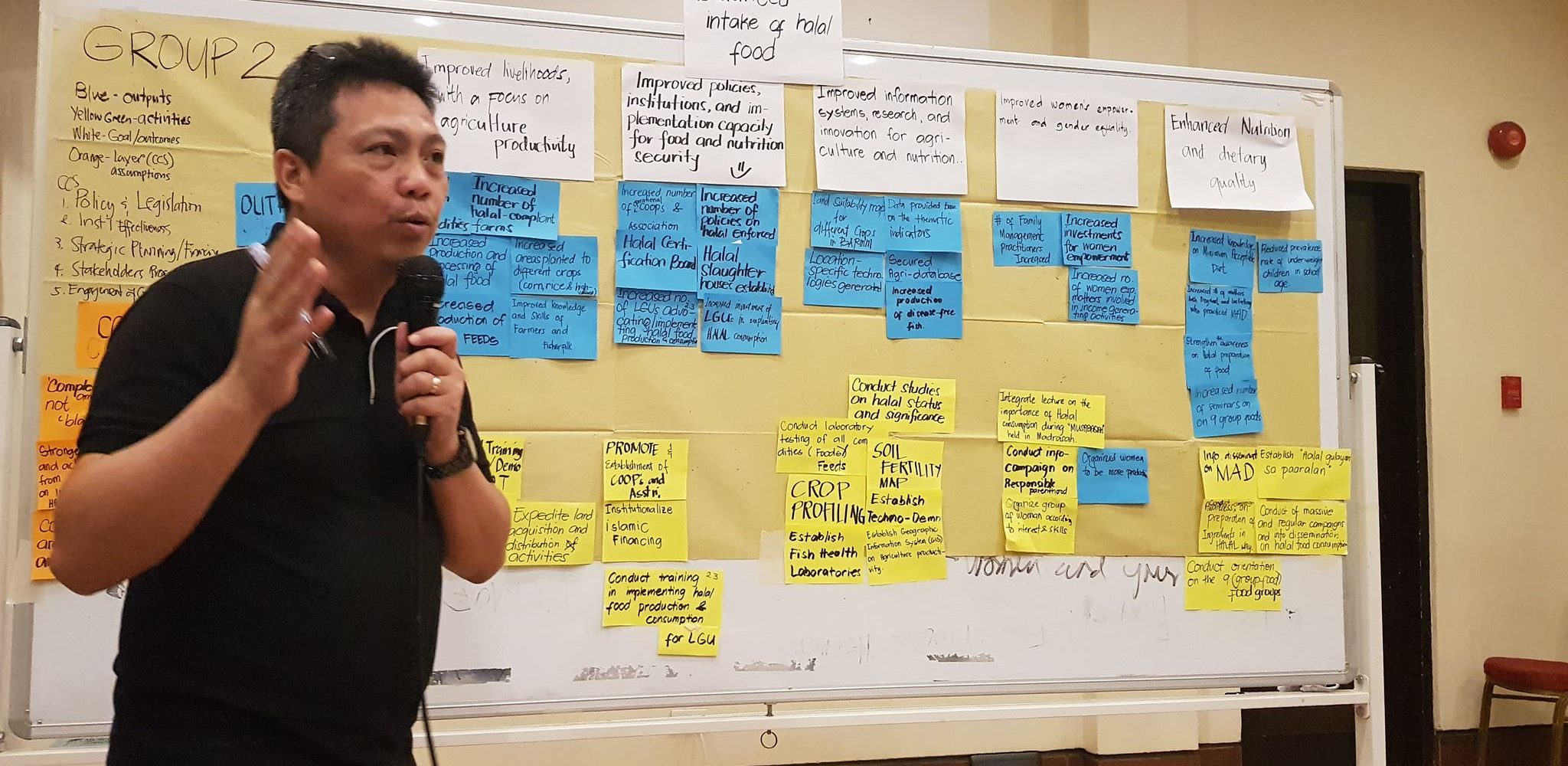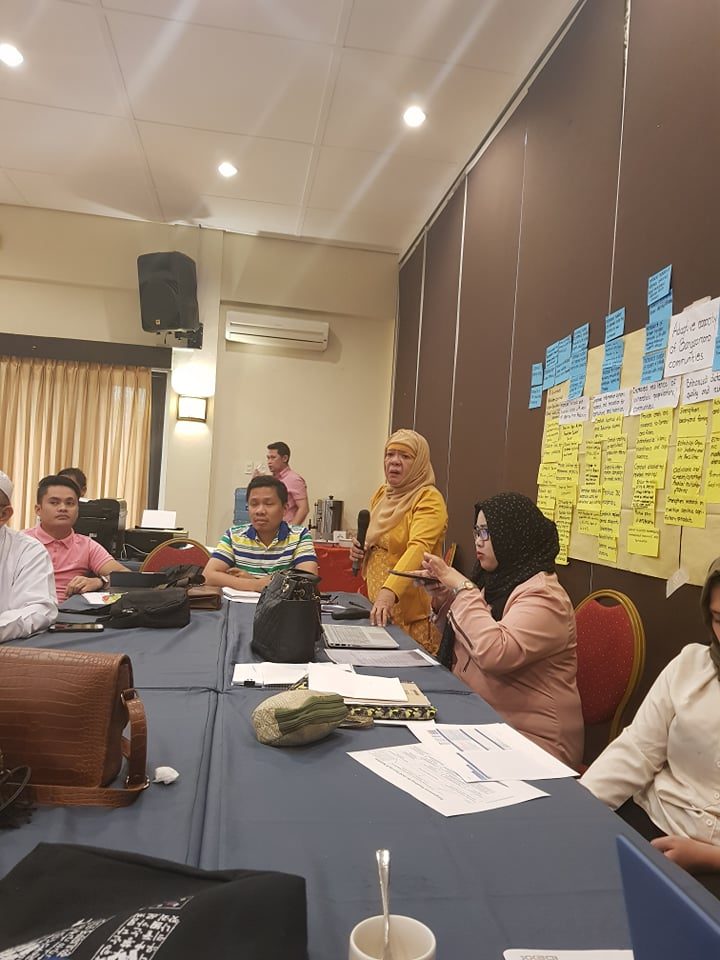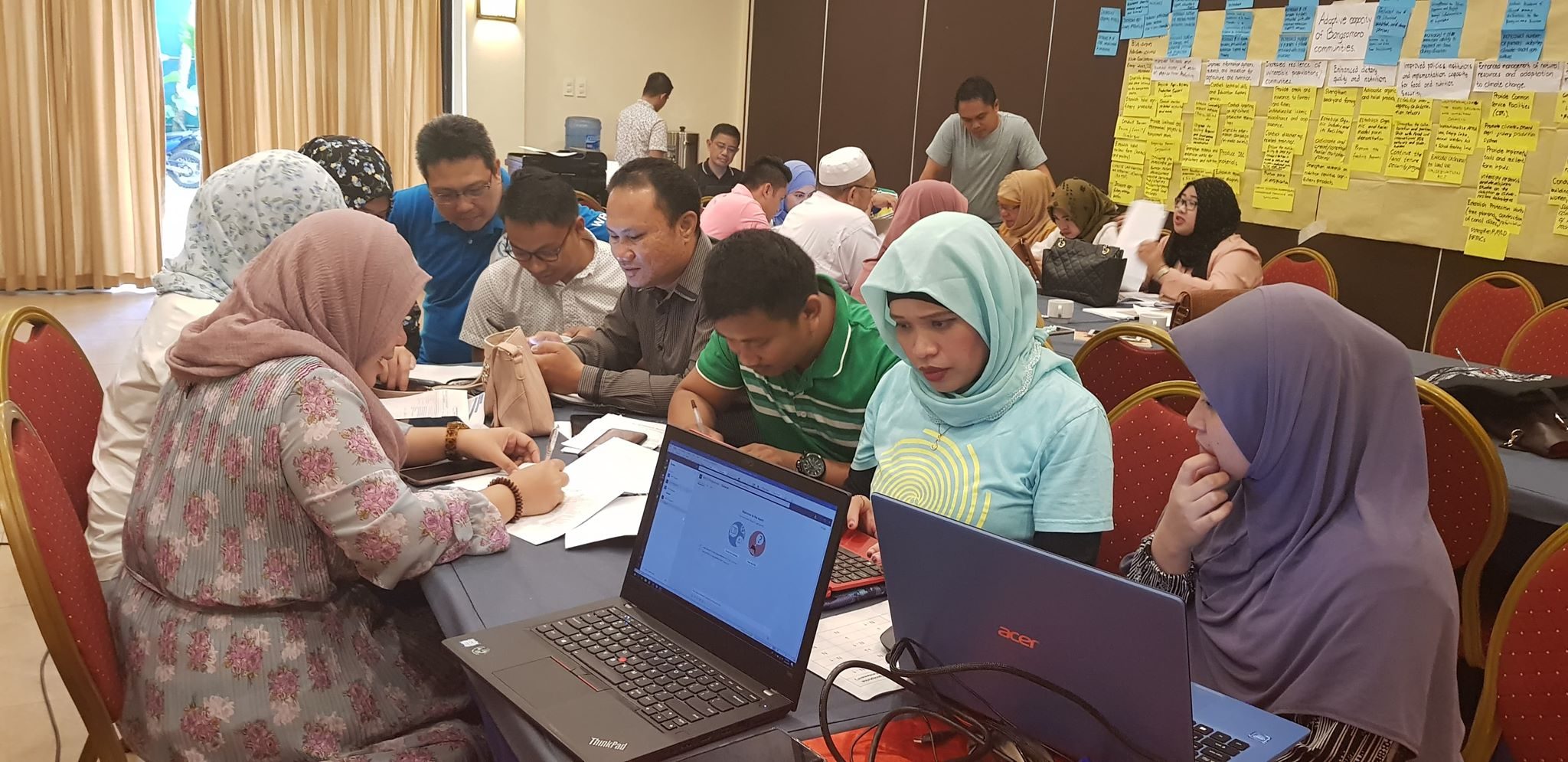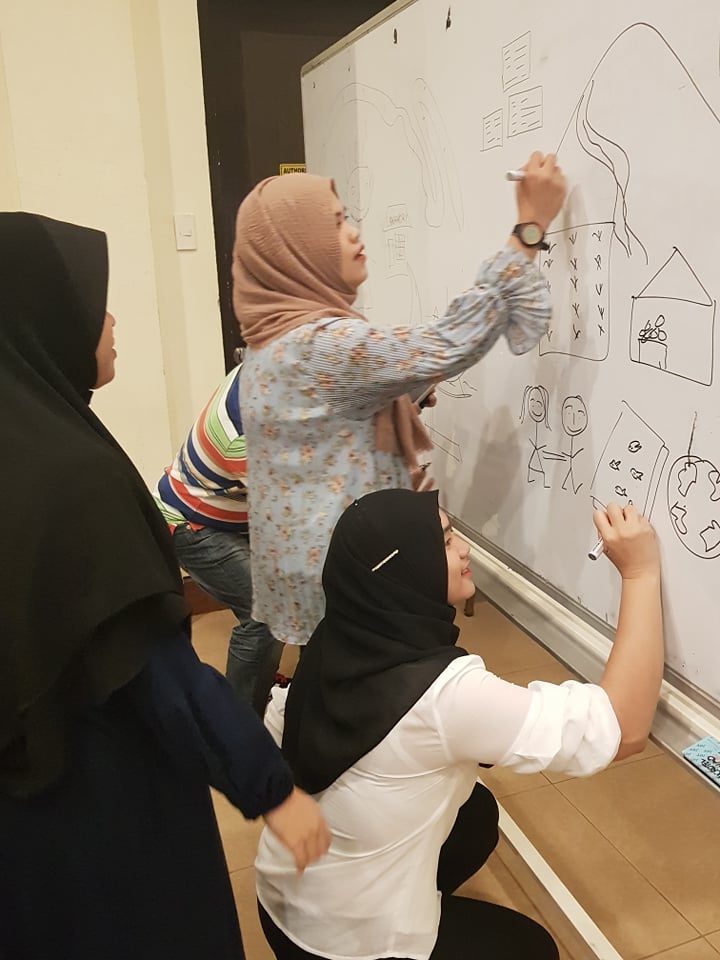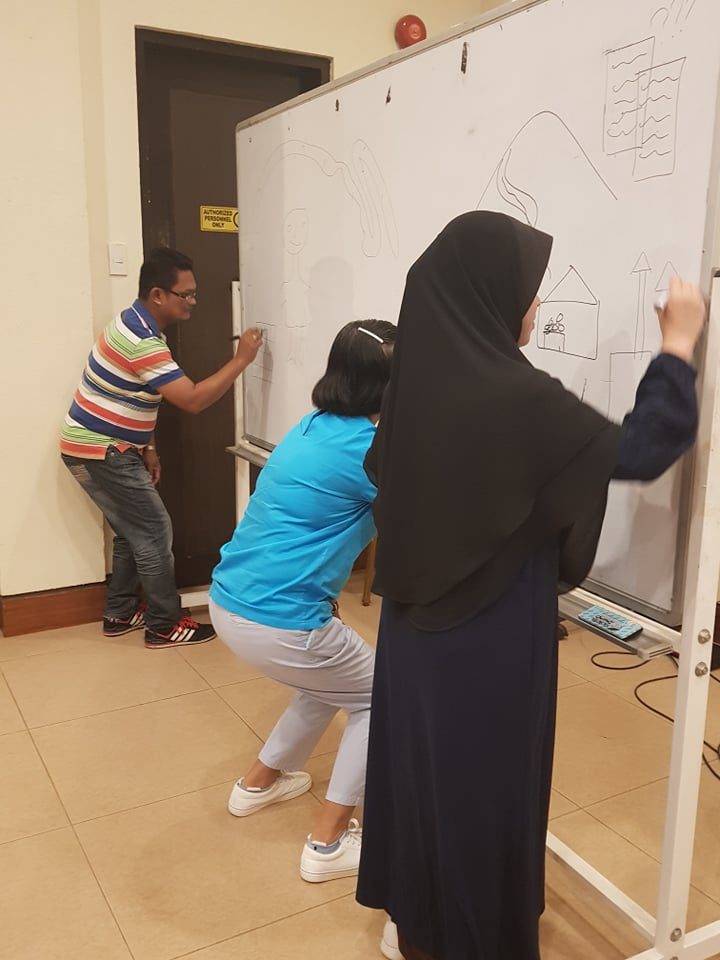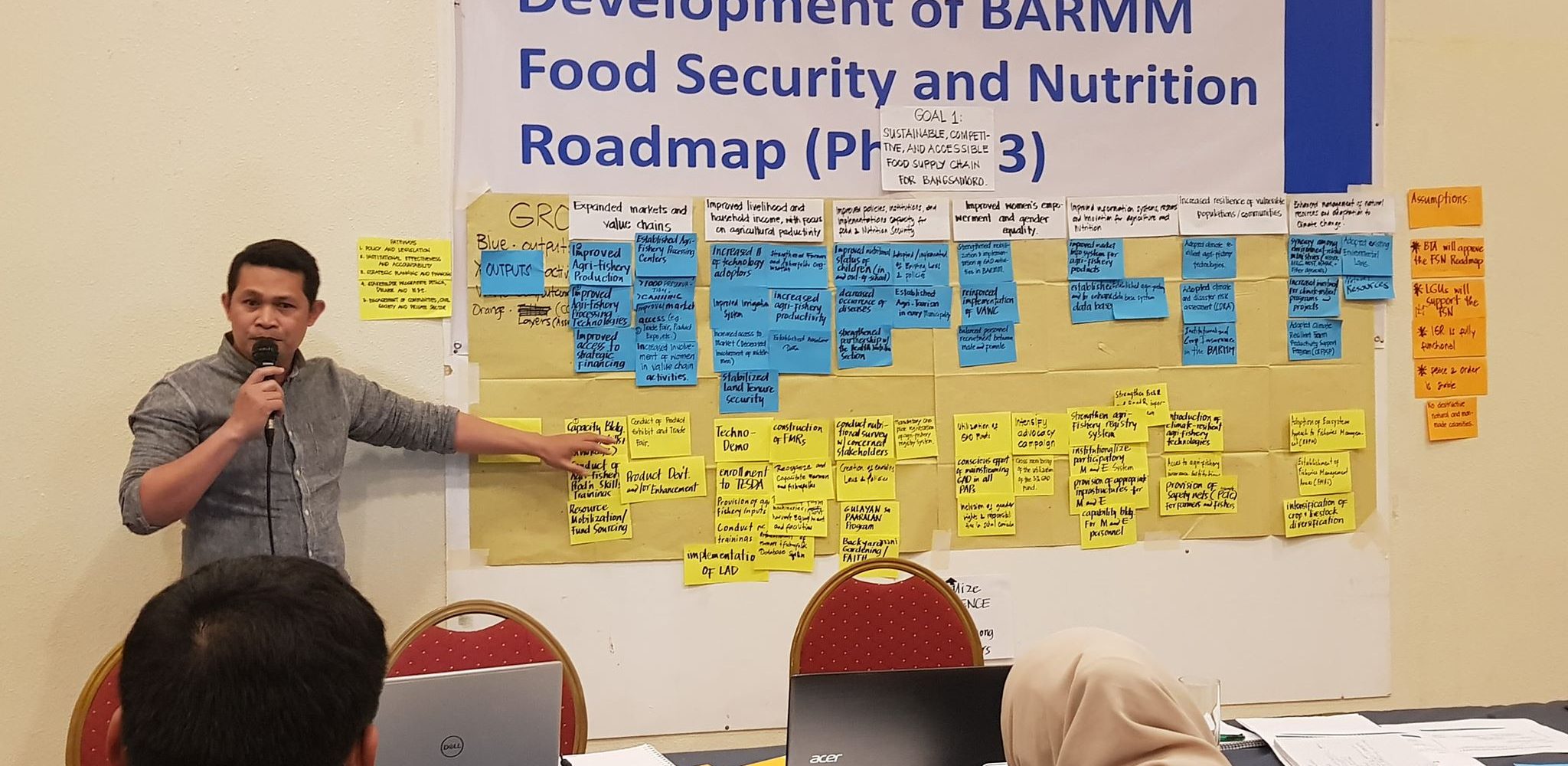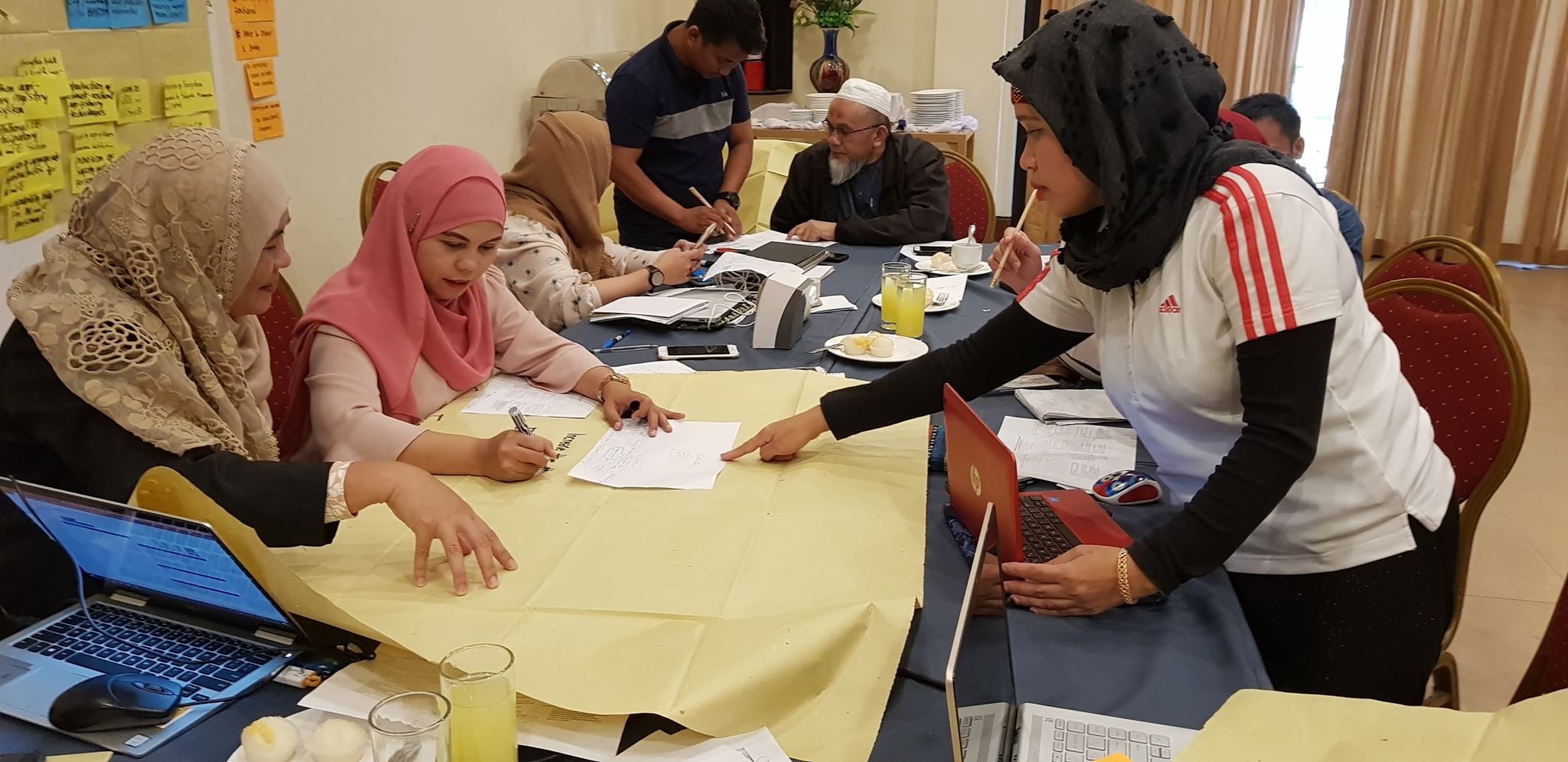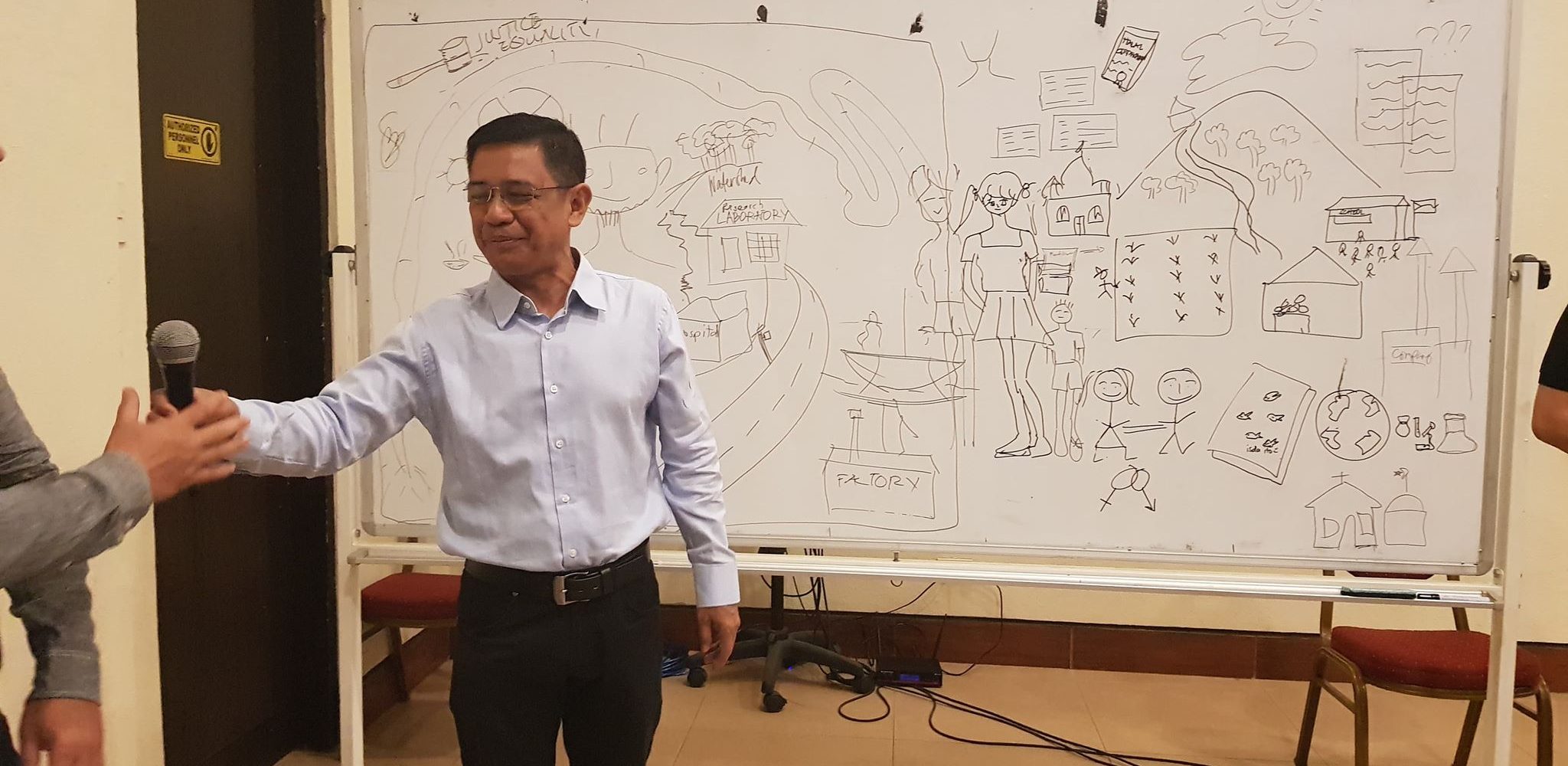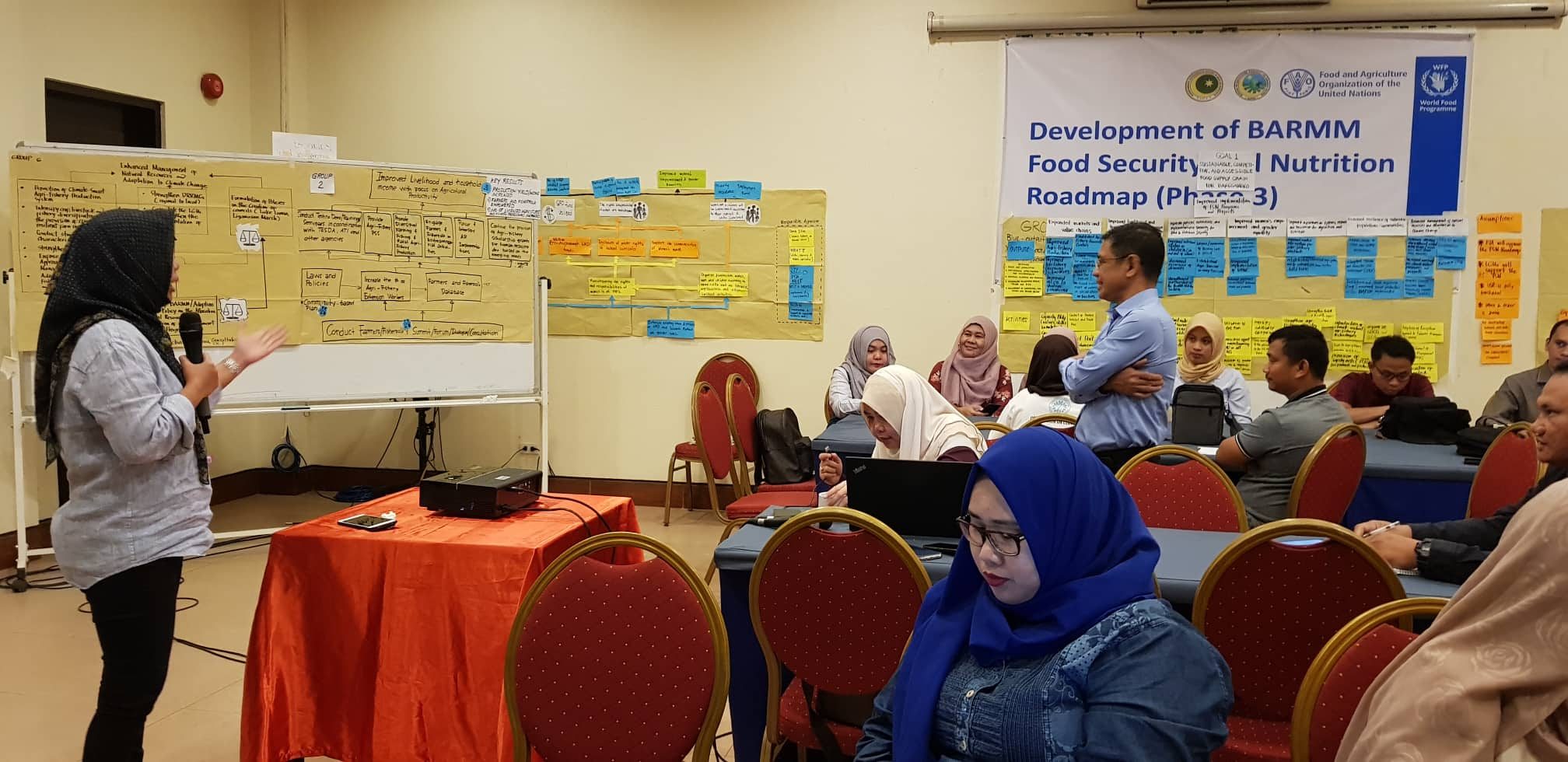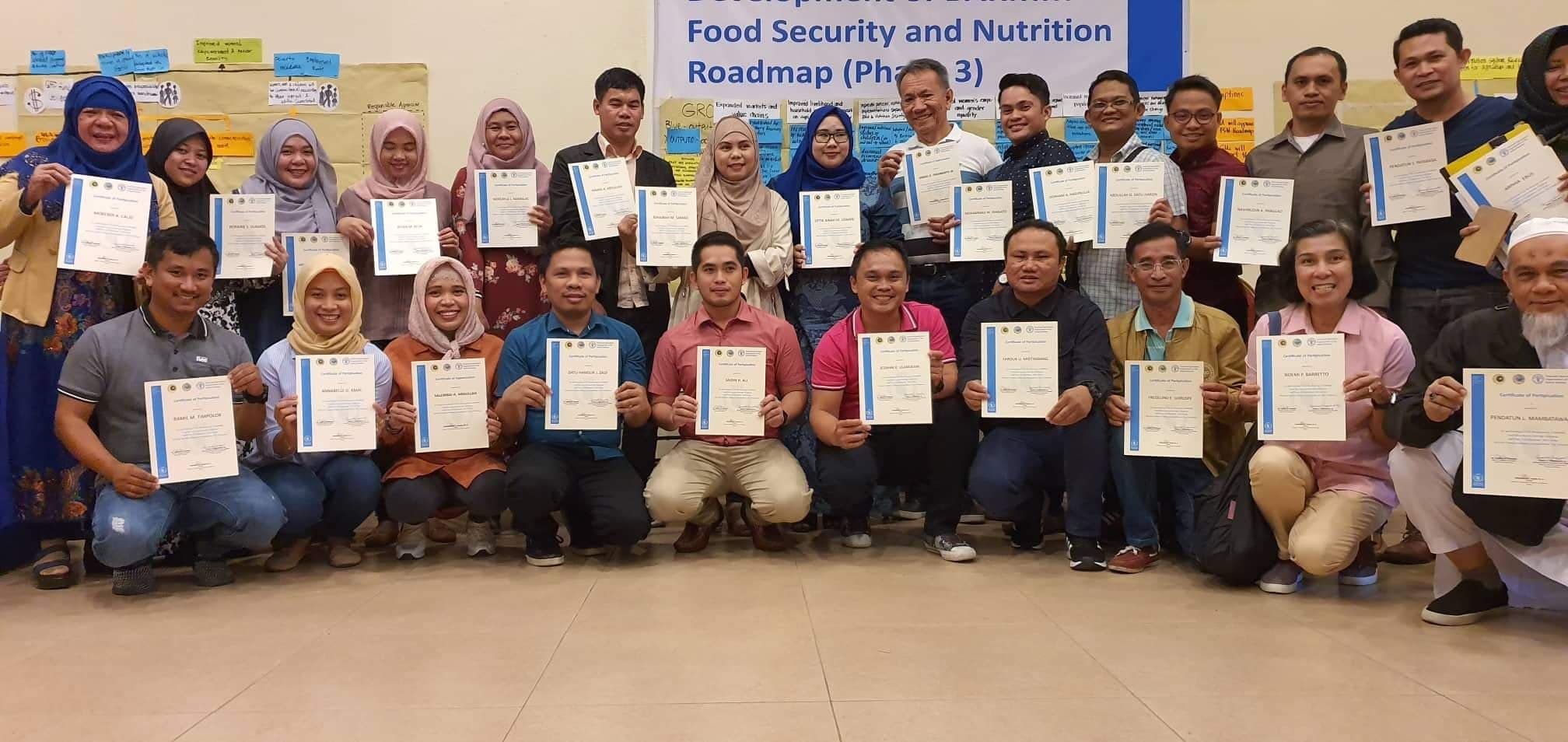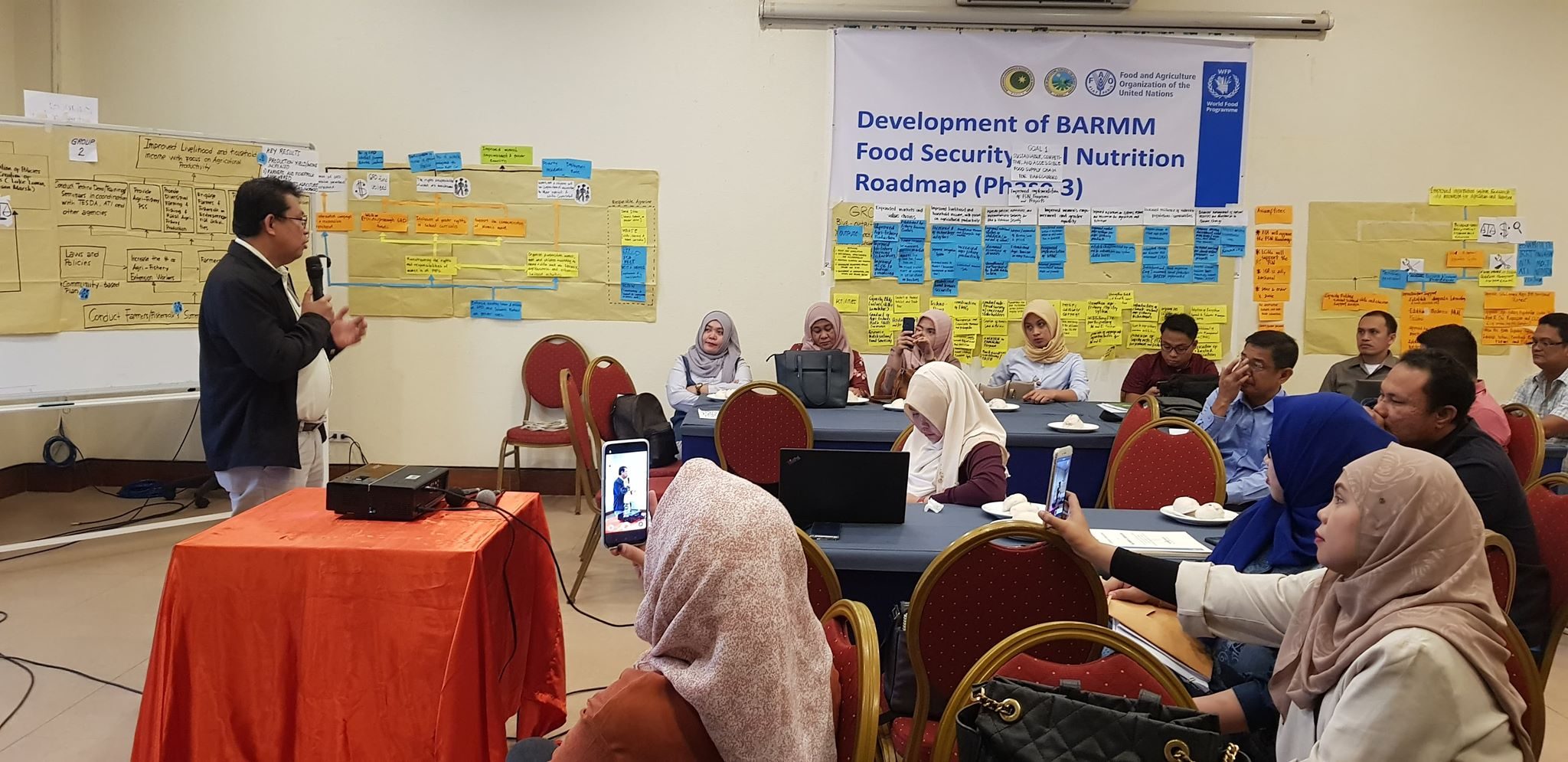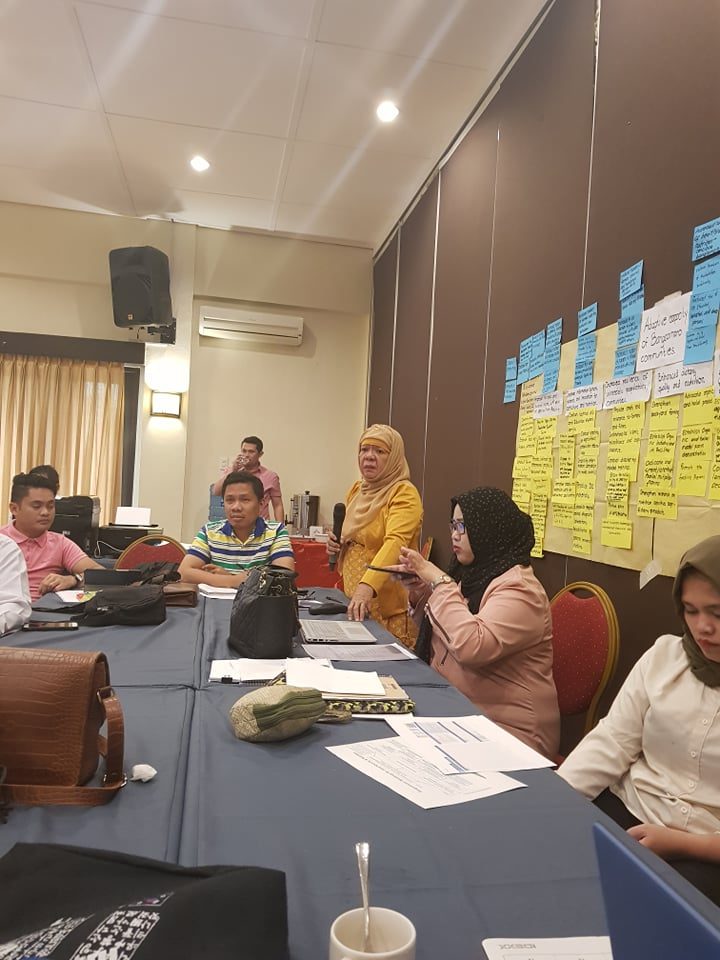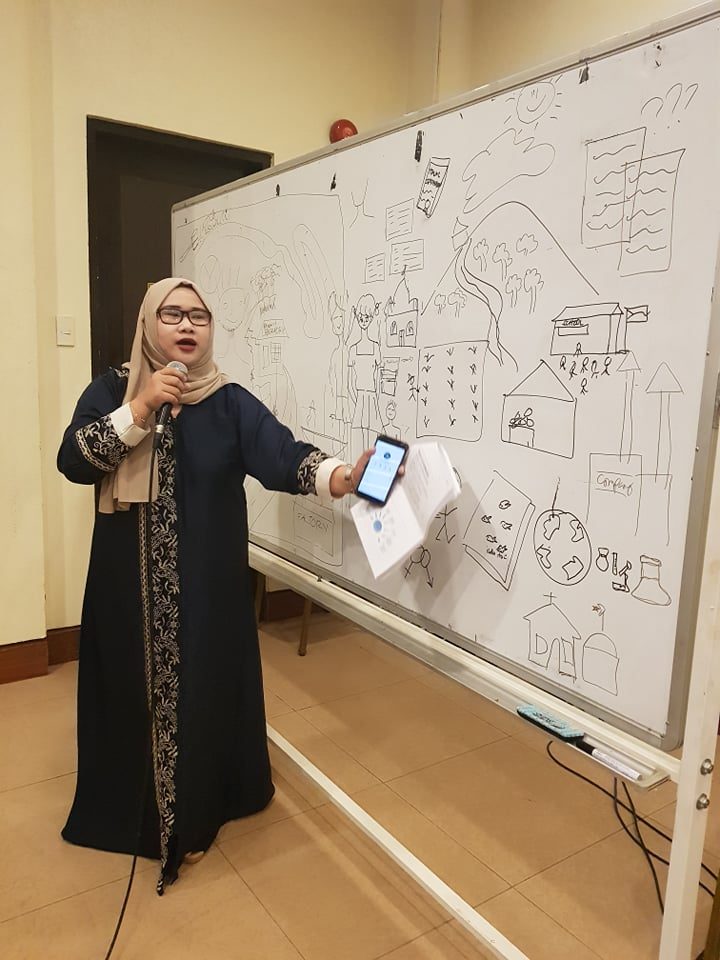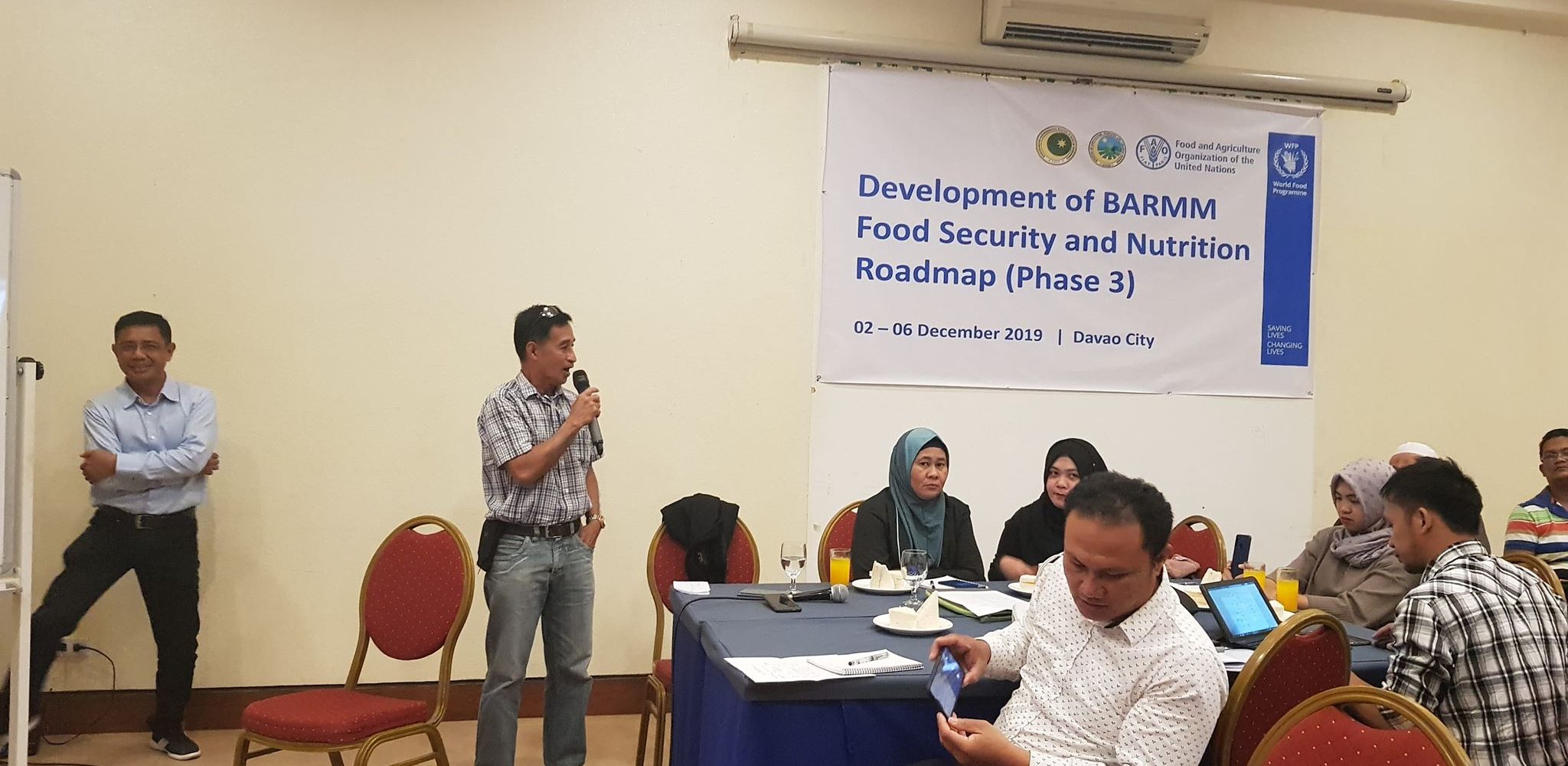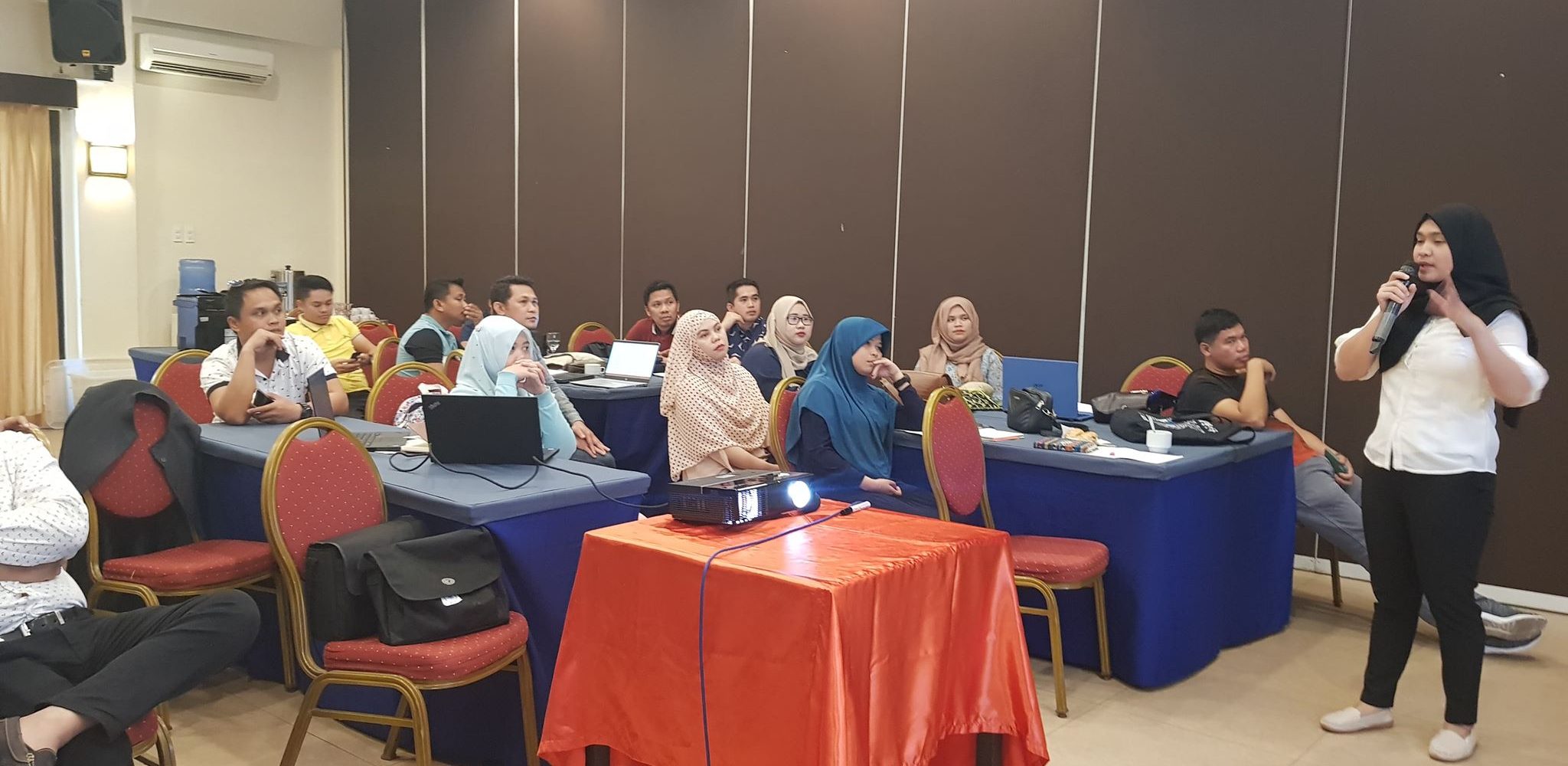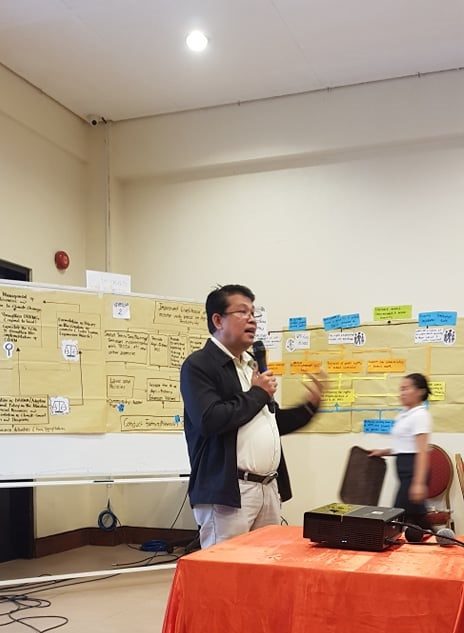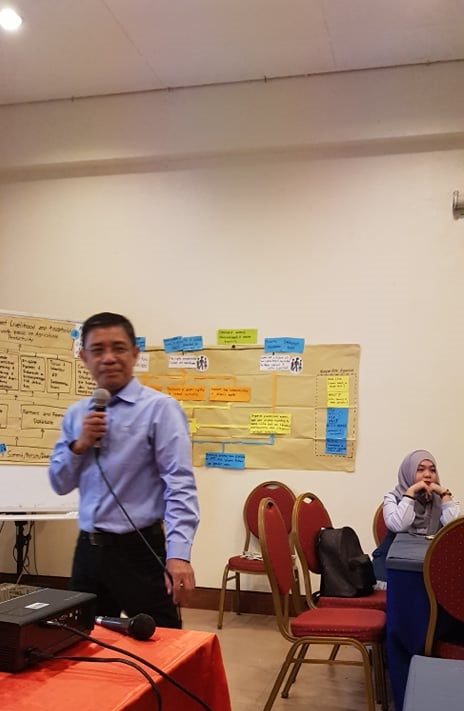FIRST EVER BARMM FSN ROADMAP NEARS COMPLETION
Considered historic as it will be the first ever not only in the Bangsamoro Autonomous Region in Muslim Mindanao (BARMM), but even in the Philippines, the Food Security and Nutrition (FSN) Roadmap for BARMM is almost complete after the third and final phase of its development held at the Microtel by Wyndham Davao on December 12-16, 2019.The three-phased activity was part of the initiative and partnership between and among the Ministry of Agriculture, Fisheries, and Agrarian Reform (MAFAR), the World Food Programme of the United Nations (UN-WFP), and the Food and Agriculture Organization of the United Nations (UN-FAO) in essential collaboration with the partner ministries and agencies in the BARMM.
Still guided by the principles of moral governance, breaking silence, and working together, the last phase made possible the finetuning and finalization of the activities, outputs, indicators, and key results which were all geared towards attaining the eight dimensions of FSN learning framework.
These dimensions were improved livelihoods and household income with focus on agricultural productivity; increased resilience of vulnerable populations/communities; improved research, innovation, and commercialization for agriculture and nutrition; expanded markets and value chain; improved policies, institutions, and implementation capacity for food and nutrition security; enhanced dietary quality and nutrition; enhanced management of natural resources and adaptation to climate change; and improved gender equality and women empowerment.
Aside from facilitating the workshops that aimed to serve as setting for the finalization of the roadmap, Dr Mishael Q. Argonza, Head of WFP Cotabato City Sub-Office, also presented the outputs of the first two workshops with emphasis on the interconnections of the dimensions and how they contribute to attaining the goals, mission, and vision of the FSN.
Meanwhile, Mr. Juanito G. Berja, WFP VAM Officer, iterated the FSN community of practice engaged in by the participants that included policies and legislations, institutional accountability, and strategic planning and financing. He also introduced the theory of change (TOC) that he said is an articulation of how and why a certain intervention will lead to change. Its basic elements are impact, outcomes, outputs, activities/strategies, and generic causal link.
In assistance to Argonza and Berja during the course of workshops were Fahima Abdulaziz, UN-WFP Field Monitor Assistant, and Ismael Transmonste, Jr., UN-FAO Agricultural Environment Specialist.
The areas for collaboration with the partner ministries and agencies, which were identified through the agency hopping, were presented by team leaders Nasrudin A. Panglao and Jarmela Mariga. The ministries and agencies visited were MSSD, MILG, MENRE, MOST, MTIT, MPW, MOLE, MOH, DARUL IFTA’, RCBW, and OBYA.
A presentation on ‘communicating the FSN roadmap the best way’ was delivered by Salembai A. Abdullah, MAFAR Information Officer through which the team has developed a strategic communication plan to convey the essence of the FSN to other people and organizations to gain their support.
After the synthesis presented by Ammal D. Solaiman, Assistant to the Minister for Policy, Planning, Monitoring, and Evaluation (PPME), Minister Mohammad S. Yacob thanked the group called “The FSN Advocates” from UN-WFP, UN-FAO, down to the other attending ministries such as MILG, MBHTE, BPDA, PSA, and the agencies OPAg Maguindanao, OPAg Lanao del Sur, and MAFAR Basilan. Minister Yacob stressed that the most important part would be the implementation of the FSN roadmap with the vision of ‘a self-reliant, food secure, and resilient Bangsamoro’ and hoped that when it is realized, it’s not anymore, the Philippines helping BARMM but the Bangsamoro Region shall be of help to the country.
Upcoming activities for the completion of the FSN roadmap are the consolidation of ToC by dimensions, creation of the core group writing the roadmap, presentation of the roadmap to the members of the parliament, Member of the Parliament (MP) hopping, drafting of bill for parliament and development of communication plan.

